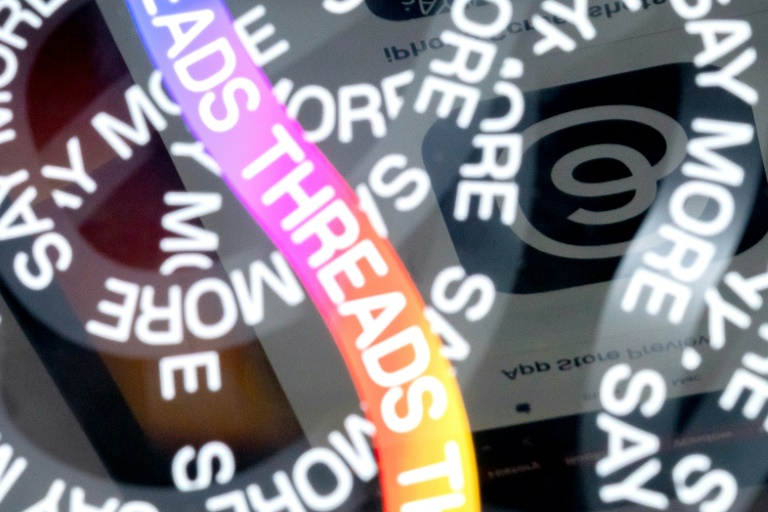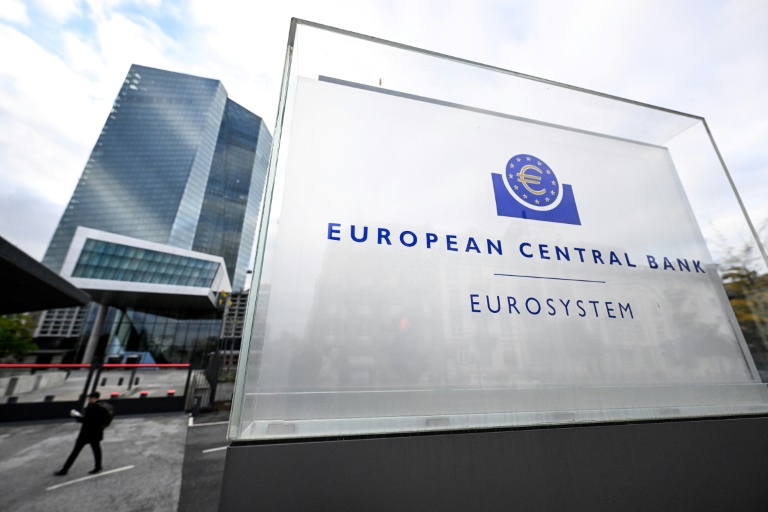Facebook owner Meta’s text-based app Threads arrived in the European Union on Thursday, months after its global launch in July, Meta CEO Mark Zuckerberg said.
Threads is a spin-off of the Instagram photo app and is intended to be a rival to X, formerly known as Twitter, after that platform alienated many users and advertisers following Elon Musk’s purchase last year.
“Today we’re opening Threads to more countries in Europe. Welcome everyone,” Zuckerberg said on Threads.
Threads went live in 100 countries earlier this year but not in the EU. Meta officials cited regulatory clarity as the reason for delaying the social network’s arrival in Europe.
Meta has repeatedly come under the EU’s regulatory microscope, especially over concerns about how it uses people’s data to serve highly targeted advertising.
The European Union has bolstered its legal armoury to rein in Big Tech, with stricter rules to protect European users online and to boost competition in an industry dominated by US giants.
More than 100 million people had joined Threads within a week of its launch that excluded the EU.
Meta said that now EU users can create a Threads profile connected to their Instagram account, but they can also use the app without a profile to browse, share and even report content, as part of the company’s compliance with EU rules.
They cannot, however, interact with Threads content nor post without an Instagram sign-on.
Instagram has some two billion users around the world.
Threads said it had added new features since its launch including a “Following Feed”, the ability to edit a post, search with keywords and tag topics.
Under a landmark law known as the Digital Markets Act (DMA), the EU named Meta as a “gatekeeper”, and its Facebook, Instagram and WhatsApp face tougher curbs.
The stricter rules especially impact the world’s biggest online companies. They include Meta, Google’s Alphabet, Amazon Apple, TikTok parent ByteDance and Microsoft.
Zuckerberg said a day earlier that Threads had begun tests where users’ posts will also be available on similar text-based and open-source rival social networks like Mastodon.
“Making Threads interoperable will give people more choice over how they interact and it will help content reach more people. I’m pretty optimistic about this,” Zuckerberg said in a Threads post.
Interoperability is also an EU goal. Under the DMA, the most popular messaging services will have to make it possible for users to send messages to other apps.
Meta is challenging the EU’s designation of its instant messenger service Messenger as a “core platform service” and for its Facebook Marketplace also coming under the DMA’s scope.
The company has struggled to comply with the strict rules of a 2018 EU data privacy regulation.
It hopes that by offering paid ad-free subscriptions in Europe for Facebook and Instagram for users unwilling to have their personal data harvested it will help to avoid further issues.
Threads chief Adam Mosseri also said this week that the app would extend its fact-checking programme next year.
“We currently match fact-check ratings from Facebook or Instagram to Threads, but our goal is for fact-checking partners to have the ability to review and rate misinformation on the app. More to come soon,” he said on Threads.
Another milestone EU law is the Digital Services Act, which forces digital giants to aggressively police content online in the EU, including misinformation, disinformation and hate speech, against the risk of major fines.
AFP is involved in a partnership with Meta providing fact-checking services in Asia-Pacific, Europe, the Middle East, Latin America and Africa.






